
🌿 Natural Ways to Fight Bad Breath & Tonsil Stones — Safely and Effectively
You brush.
You floss.
You even chew gum after every meal.
But still — that lingering odor refuses to leave.
For many people, the culprit isn’t poor hygiene or bad luck. It’s something less obvious, yet surprisingly common: tonsil stones, medically known as tonsilloliths. These are tiny, calcified lumps that form in the crevices of your tonsils — and they’re often the secret cause behind stubborn bad breath that won’t go away no matter how carefully you clean your mouth.
They’re far more common than most people realize.
And yes — they can create that unpleasant, sulfur-like smell, often compared to rotten eggs.
The good news?
👉 In most cases, tonsil stones are harmless, and you can greatly reduce both their occurrence and odor with a few simple, natural habits.
Let’s dive into what they are, why they form, and what you can do — gently and effectively — to keep your breath fresh and your throat healthy.
Because lasting freshness isn’t about masking odor with mints or sprays.
It’s about understanding the root cause — and addressing it wisely.
🔍 What Exactly Are Tonsil Stones?
Your tonsils are small lymphatic glands at the back of your throat. They help your immune system trap bacteria, viruses, and debris that enter through the mouth and nose. But those same tonsil crypts — tiny pockets and folds in the tissue — can also trap materials such as:
-
Dead cells
-
Mucus
-
Food particles
-
Bacteria
Over time, these bits of debris can accumulate, harden, and form white or yellowish lumps — the tonsil stones. When bacteria begin to digest the trapped material, they release volatile sulfur compounds (VSCs) — the main source of that foul, sulfuric odor.
Not everyone develops tonsil stones. People with deeper tonsil crypts, chronic postnasal drip, or sinus allergies tend to be more prone. Even mild dehydration or a dry mouth can make the condition worse.
🚩 Common Signs You Might Have Tonsil Stones
Recognizing tonsil stones isn’t always easy — they can be tiny and hidden deep in your tonsils. Still, there are a few telltale signs:
✅ Persistent bad breath — that doesn’t improve even with brushing or mouthwash.
✅ A sensation of something stuck in your throat — especially when swallowing.
✅ Visible white or yellow specks on your tonsils.
✅ Coughing up small, smelly lumps — often mistaken for bits of food.
✅ Mild sore throat or ear pain — referred pain from nerves shared with the throat.
Many people have no symptoms at all, discovering tonsil stones only by accident. For others, they’re a recurring annoyance.
✅ Simple, Natural Ways to Prevent and Manage Tonsil Stones
You may not be able to prevent every stone, but consistent care can reduce their frequency and odor dramatically.
1. Practice Excellent Oral Hygiene
-
Brush twice daily. Removes bacteria and leftover food particles from teeth and tongue.
-
Floss every day. Prevents debris from accumulating between teeth.
-
Clean your tongue. The tongue’s surface is one of the biggest sources of odor-causing bacteria — use a scraper or soft toothbrush.
-
Gargle after meals. Swishing water or mouthwash helps wash out particles before they lodge in tonsil crypts.
💡 Pro tip: Use a tongue scraper every morning. It can instantly reduce odor and bacteria buildup that cause VSCs.
2. Gargle with Warm Salt Water
This classic remedy really works. Salt water helps soothe irritation, reduce bacteria, and loosen trapped debris.
🧂 How to do it:
Mix ½ teaspoon of salt in one cup of warm water. Gargle for 30 seconds, two to three times per day — especially after meals or before bed.
It’s simple, safe, inexpensive, and highly effective for mild tonsil stones.
3. Use a Water Flosser — Gently
A low-pressure water flosser can help rinse tonsil crypts and dislodge small stones without damaging tissue.
📌 Use it on the lowest setting, aiming the stream gently around (not directly into) the tonsil pockets.
⚠️ Never use high pressure — this can push debris deeper or irritate delicate tissue.
4. Stay Hydrated
A dry mouth is a breeding ground for bacteria.
💧 Drink plenty of water throughout the day to keep your saliva flowing — your body’s natural mouth cleanser.
Avoid excess alcohol and caffeine, which dry out the mouth.
Chewing sugar-free gum can also help stimulate saliva production.
Remember: saliva is nature’s mouthwash. It washes away food particles, balances mouth pH, and keeps bacteria in check.
5. Choose Non-Alcoholic Mouthwash
Alcohol-based mouthwashes can worsen dryness, ironically making odor worse over time. Instead, look for:
✅ Chlorhexidine (prescription-strength for serious cases)
✅ Cetylpyridinium chloride (CPC) — fights odor-causing bacteria
✅ Essential oil blends such as peppermint or TheraBreath formulas
Avoid harsh, overly astringent rinses if your mouth tends to feel dry.
⚠️ How to Remove Tonsil Stones — Safely
If a stone is visible and loose, it’s usually fine to remove it at home — but only gently.
Do:
-
Use a clean cotton swab or fingertip.
-
Gently press around the stone (not on top of it).
-
Push toward the center of the mouth to help it dislodge naturally.
Don’t:
❌ Dig aggressively — can cause bleeding or scar tissue.
❌ Use sharp tools like tweezers or pins.
❌ Force removal — if it’s stuck, leave it and try gargling again later.
Sometimes, tonsil stones even come out on their own during coughing, eating, or sleeping — completely normal and harmless.
🚨 When to See a Doctor
Most tonsil stones don’t require medical treatment, but professional help may be needed if:
-
Stones keep coming back despite good hygiene.
-
You experience chronic pain, swelling, or difficulty swallowing.
-
There’s visible infection — fever, redness, or pus.
-
You’re considering removal due to frequent discomfort.
Treatment Options
🩺 Professional removal: Done safely in a clinic.
💊 Antibiotics: For bacterial infections.
💡 Laser cryptolysis: Smooths the tonsil surface to reduce debris buildup.
🔪 Tonsillectomy: Surgical removal of tonsils — reserved only for severe, recurrent cases.
❌ Common Myths — Debunked
🚫 “Only people with poor hygiene get tonsil stones.”
False. Even people with excellent oral care can get them if their tonsil structure traps debris easily.
🚫 “Swallowing a tonsil stone is dangerous.”
No — it passes harmlessly through the digestive system.
🚫 “Apple cider vinegar cures them.”
There’s no scientific proof. Its acidity can actually irritate your throat.
🚫 “Everyone should get their tonsils removed.”
Not true — surgery is only for persistent, severe cases that affect daily life.
🌿 A Holistic View of Freshness
True oral freshness isn’t about minty cover-ups — it’s about balance. Your mouth, throat, and immune system work together to protect you. When debris or bacteria build up, your body simply needs a little help restoring harmony.
Tonsil stones don’t mean you’re unhealthy or unclean.
They’re just a sign that your body’s natural filtration system — your tonsils — is doing its job a bit too enthusiastically.
So next time you notice one, don’t panic.
Rinse.
Gargle.
Breathe deeply.
You’re not broken — you’re just human.
Because real wellness isn’t about chasing perfection.
It’s about steady, mindful self-care — quietly, consistently, and without judgment.
And that kind of peace?
It begins with one calm breath…
and a little less worry.
News in the same category


Eat this to activate 5x more stem cells and repair nerve damage faster — no $20k shot

4 Amazing Benefits Of Cloves For Skin & Hair

Best Natural Home Remedies To Safely Remove Skin Tags

Natural Ways For Breast Enhancement

The Golden Morning Elixir That Melts Joint Pain Like Butter – One Cup Daily Unlocks Pain-Free Movement in Just Days!

The one thing 98.7% of people do to lower blood pressure without medication

Turmeric dosage: this is how much turmeric you actually need to eat for arthritis, cancer and other diseases

The 1-cup bedtime drink that stops you from waking up at 3 AM

Why Hot Dogs and Processed Meat Might Be the Most Dangerous Foods of All Time
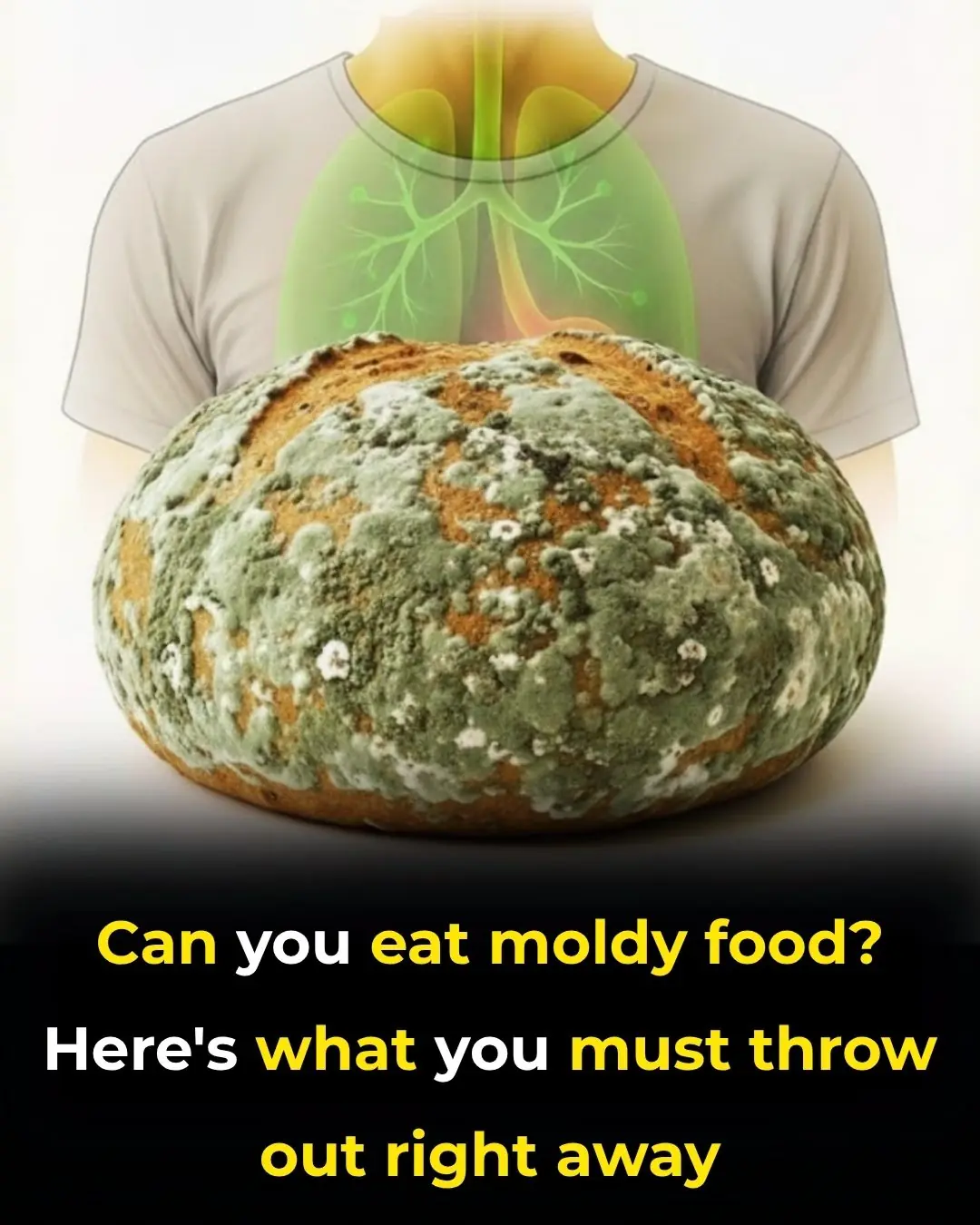
Can you eat moldy food? Here’s what you MUST throw out.

Cancer hates these 6 fruits—eat them to fight back!

Better Than Medicine? The Shocking Truth About Dates & Blood Sugar!

4 Reasons Why Cardiac Arrests Happen in The Bathroom

4 Unusual Eye Symptoms That May Signal Cancer — Often Overlooked by Many

5 Things You Should Never Do in the Morning If You Want to Stay Healthy and Prevent Cancer

Restaurant Owner Di.es at 42 from Liver Failure: Doctor Says It Was Caused by Ignoring One Thing for Years

A 42-Year-Old Man D.ied of a Stroke Despite Not Sm.oking or Drin.king — The Doctor Was Furious and Said: How Dare You Eat This Every Day
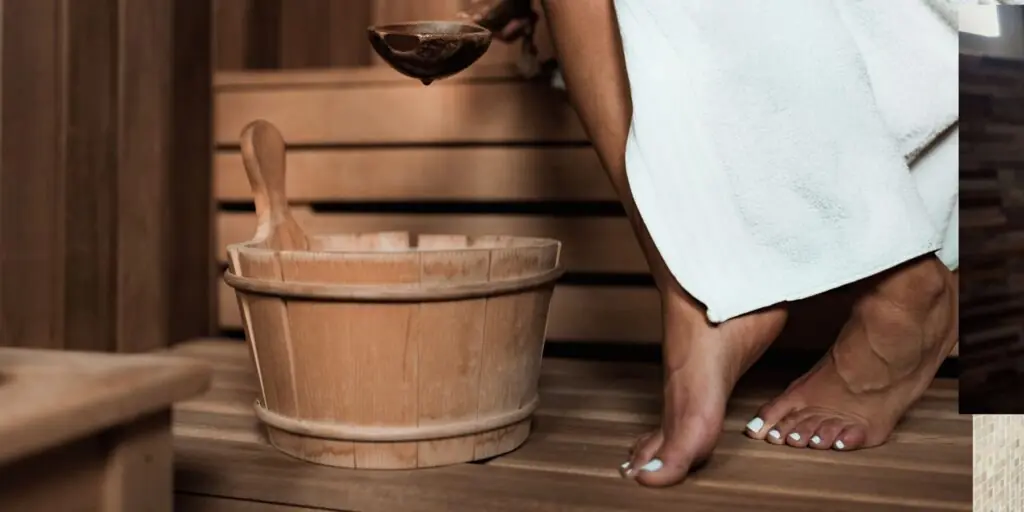
This Old-Time Secret Flushes Out Toxins, Soothes Joints, and Improves Circulation
News Post

Erase Wrinkles in 3 Minutes with Coffee: The Natural Solution for Youthful Skin
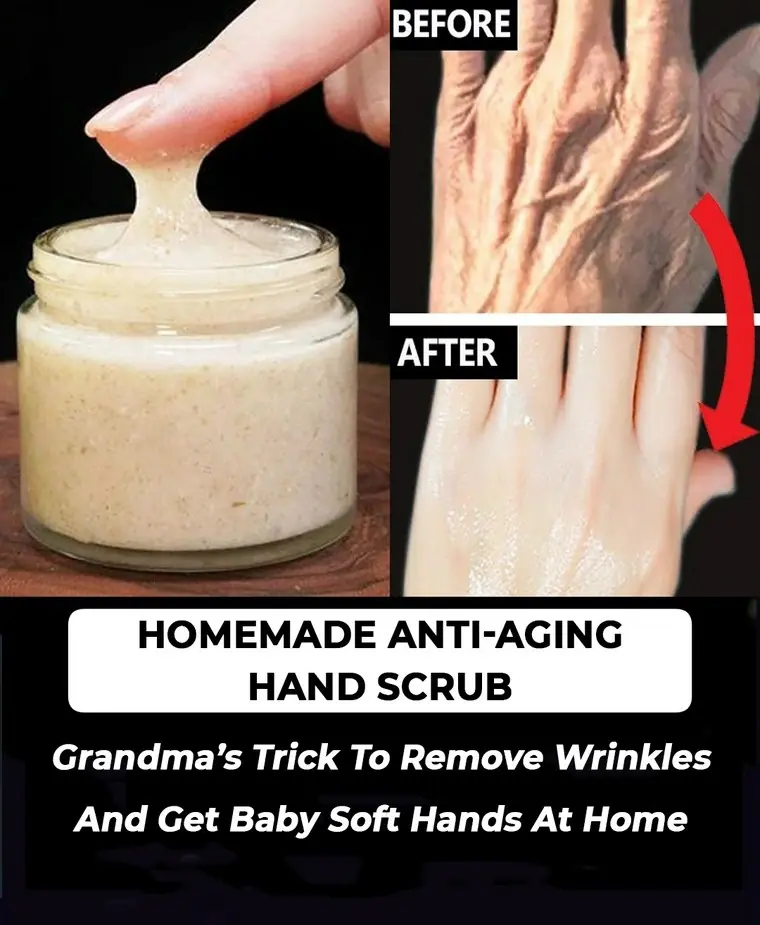
Homemade Anti-Aging Hand Scrub To Get Younger Looking Hands

Canadian Researchers Discover New Evidence That Vitamin D Shuts Down Cancer Cells

Huge blow for Cat Burns and Alan Carr ahead of Celebrity Traitors final as Brits back Faithfuls to win

Strictly pro Kai Widdrington ‘in trouble’ over brutal comment to Vicky Pattison: ‘So bad’

Why The Celebrity Traitors isn’t on BBC One tonight and when you can watch The Final and Uncloaked

The volume buttons on your phone aren't just for sound.

Eat this to activate 5x more stem cells and repair nerve damage faster — no $20k shot

4 Amazing Benefits Of Cloves For Skin & Hair

Best Natural Home Remedies To Safely Remove Skin Tags

Natural Ways For Breast Enhancement

Why You Should Toss a Water Bottle Under Your Hotel Bed?

The Golden Morning Elixir That Melts Joint Pain Like Butter – One Cup Daily Unlocks Pain-Free Movement in Just Days!
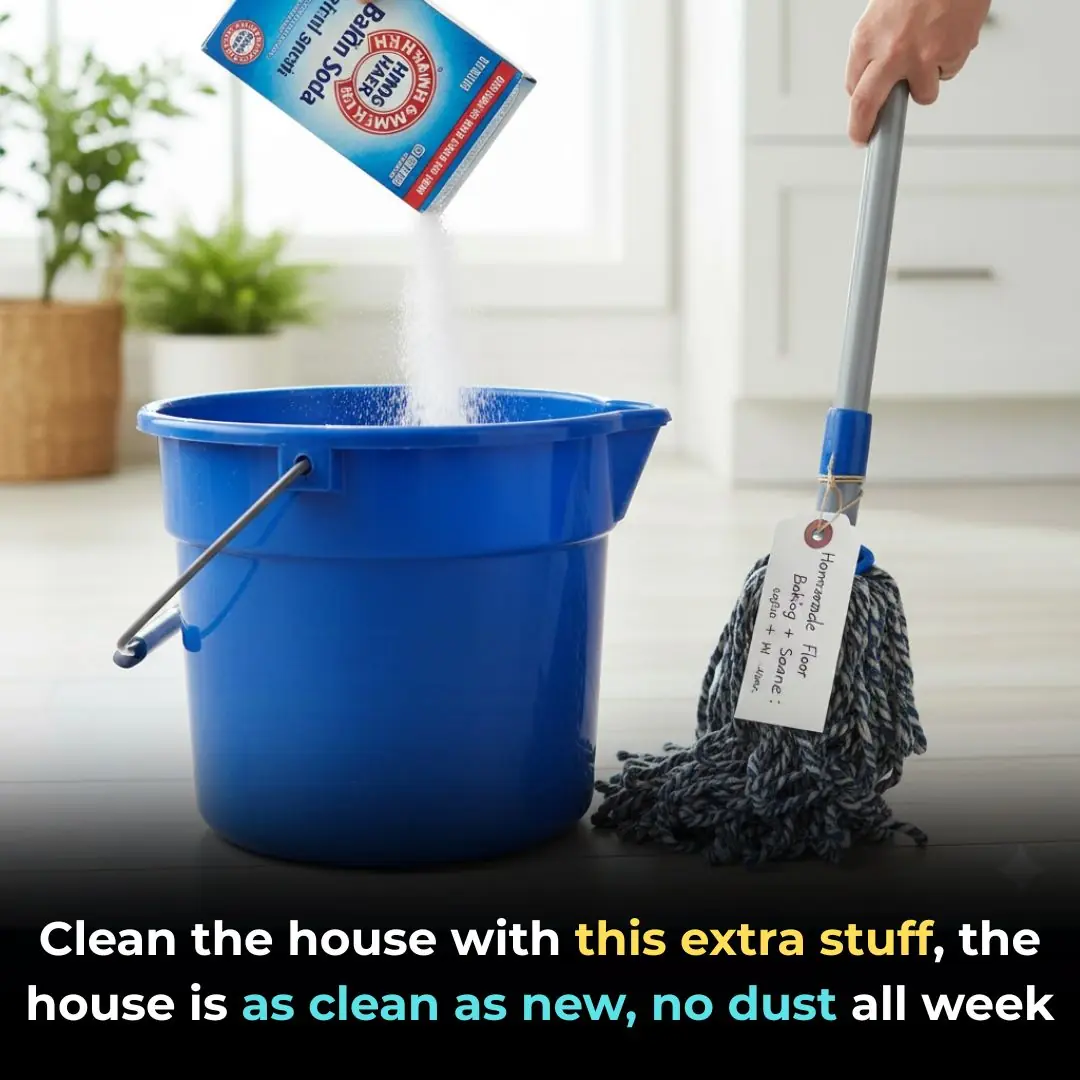
The mop soaks this into the water.
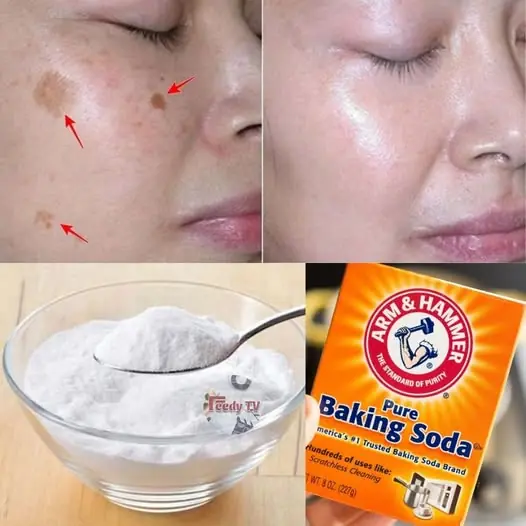
4 Ways To Erase Age Spots with Baking Soda for Youthful Even Skin
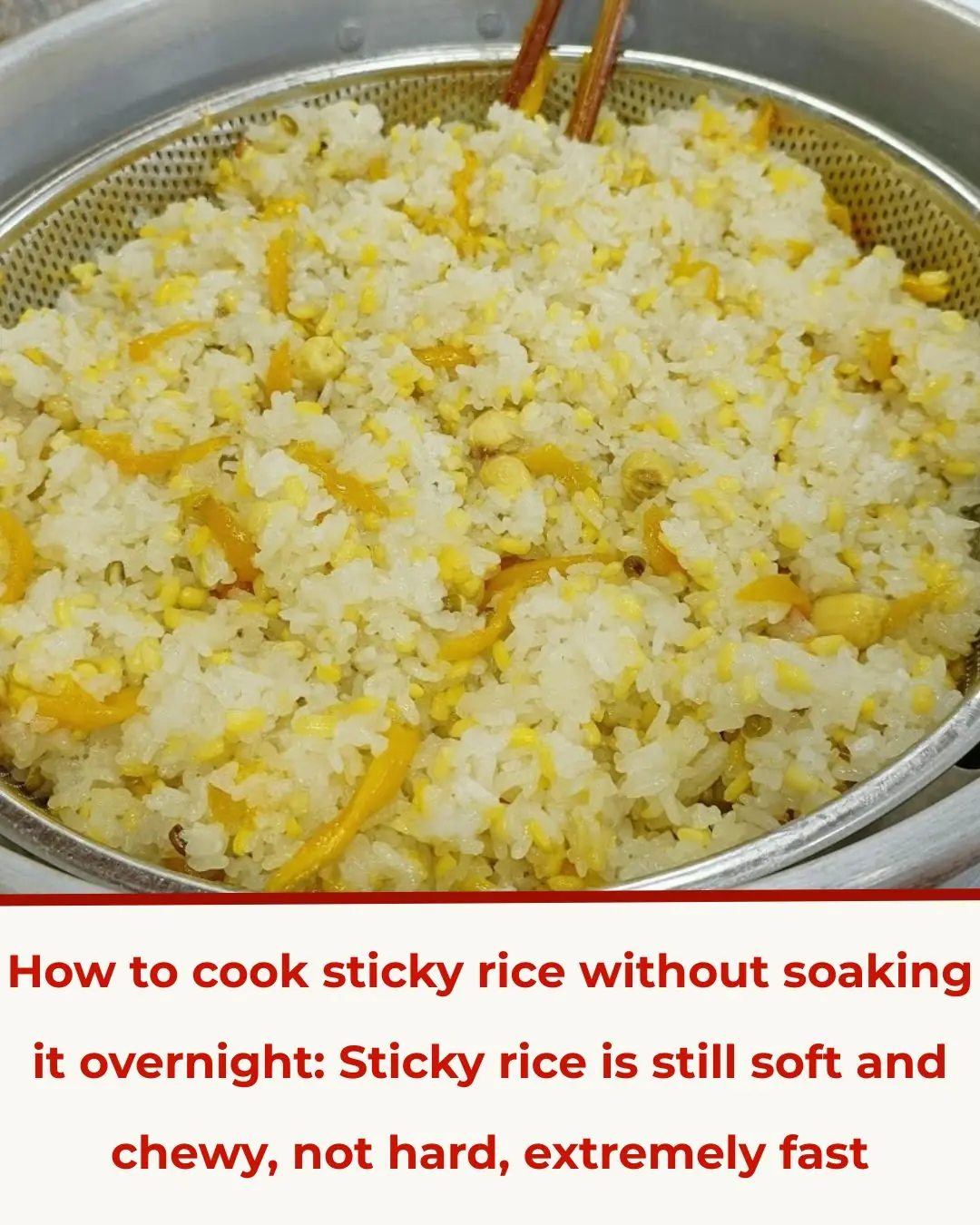
How to cook sticky rice without soaking the rice overnight
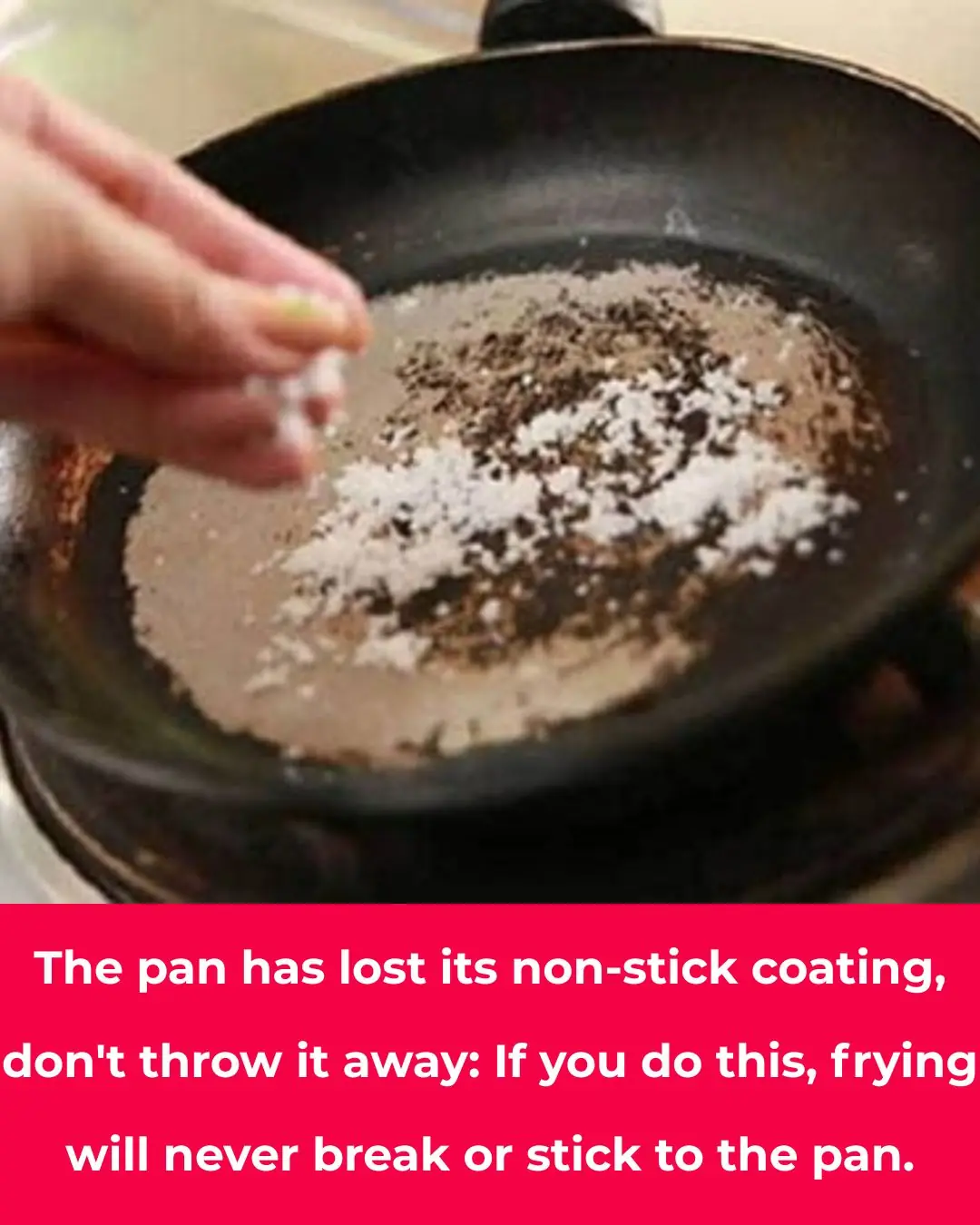
The pan has lost its non-stick coating, so don't throw it away

After receiving the ashes of a deceased person, you should know this...
